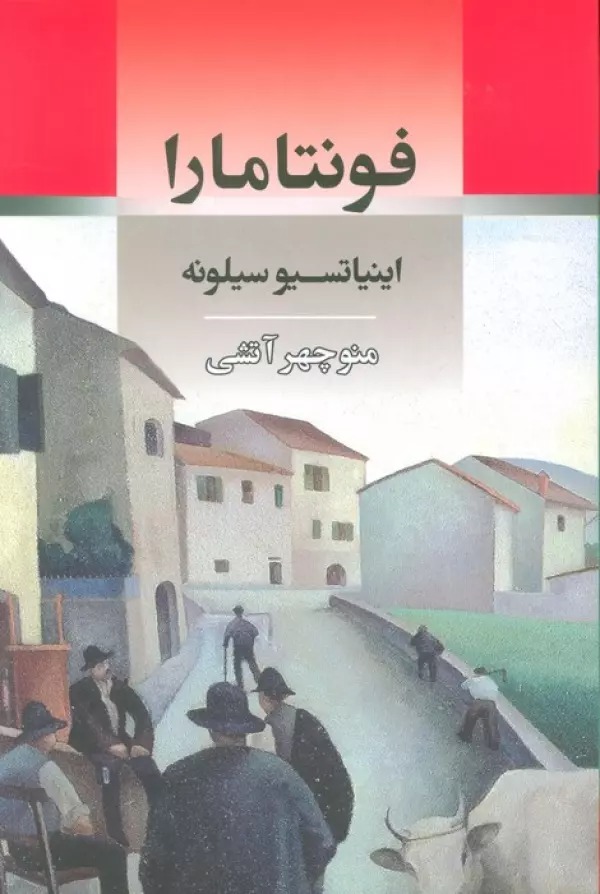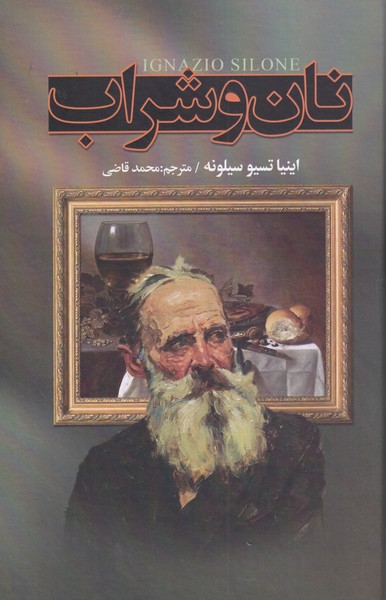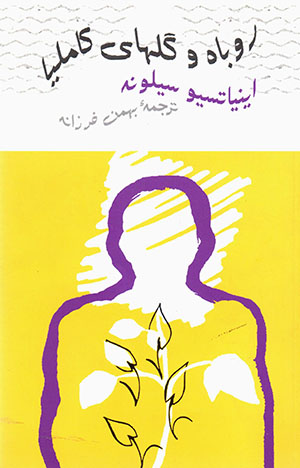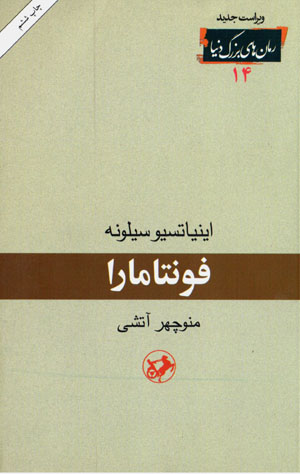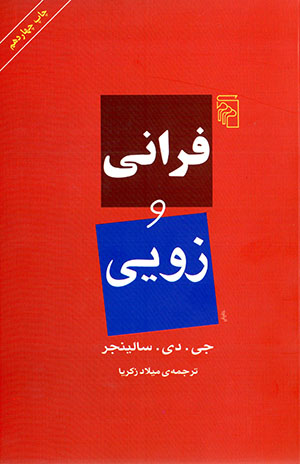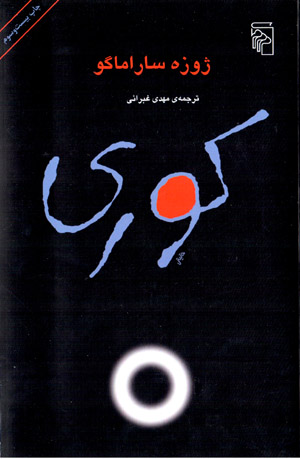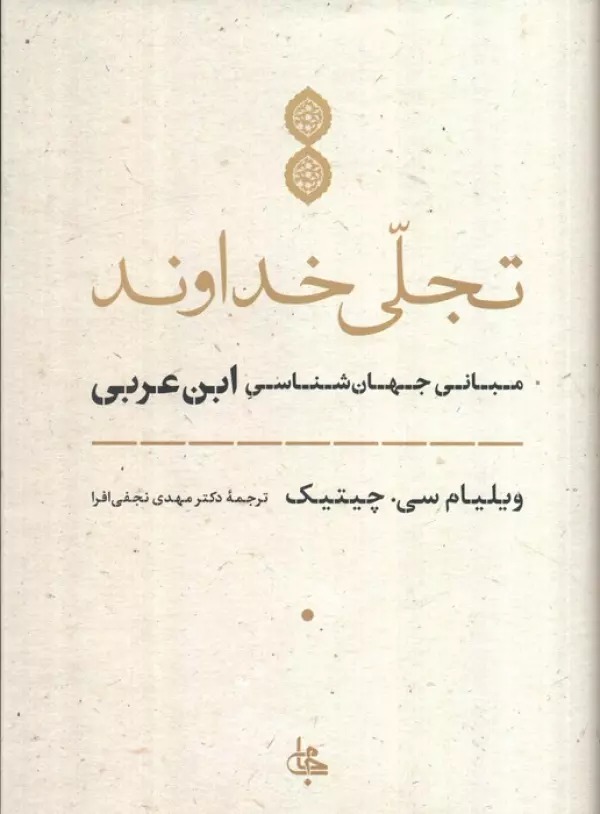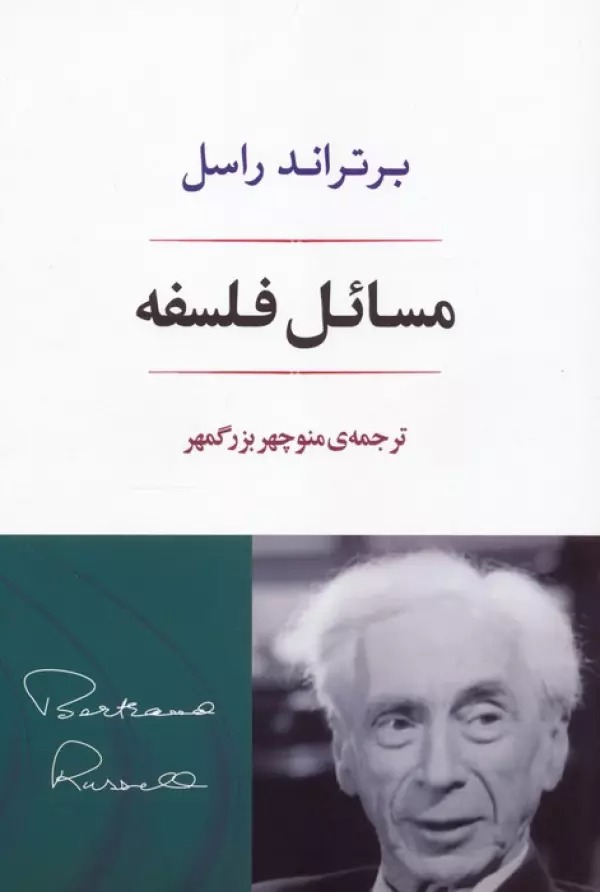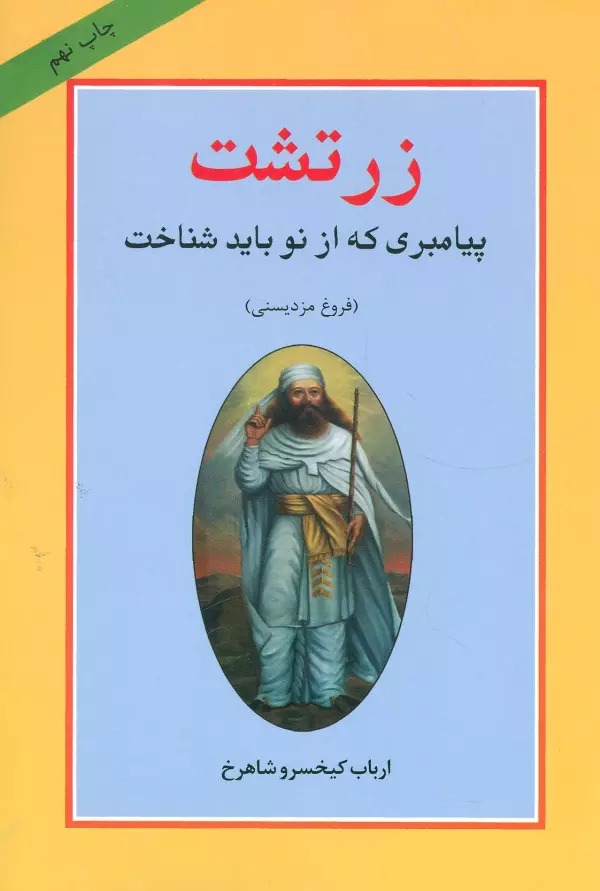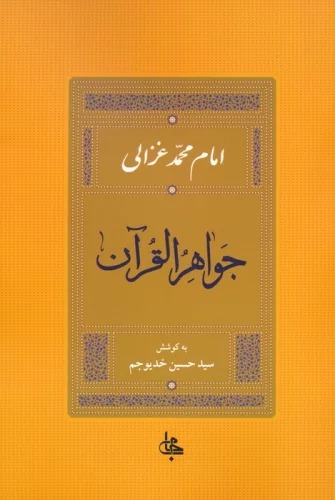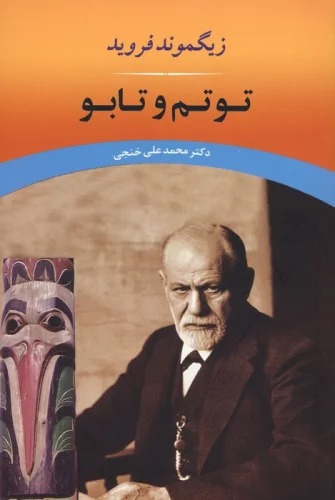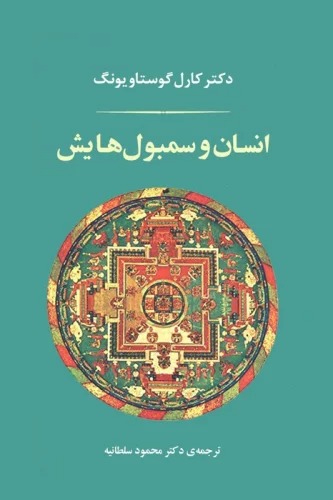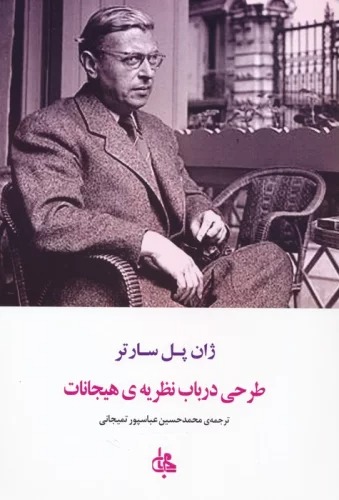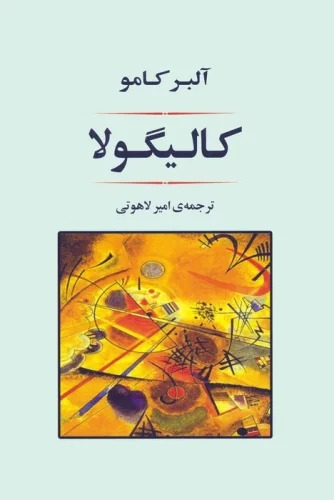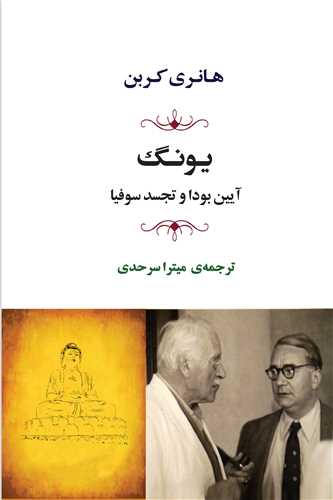فونتامارا الفارسية 1404
Funtāmārā
17٫22 $
مشاركة
Wishlist
العنوان الأصلي:
Fontamara
ISBN رقم:
9786001764196
المترجم:
Manūchihr Ātashī
الناشر:
Jami
الفئة العمرية:
البالغون
الصفحات:
300
الوزن:
236 g
أبعاد المنتج:
14 x 21 x 2٫7 cm
غلاف الكتاب:
غلاف ورقی
Son of a weaver and a small landowner, he soon lost his father and mother in the earthquake that destroyed a large part of Marsica in January 1915. After interrupting his high school studies, he devoted himself to politics as an active socialist and took part in the struggles against the war and in the revolutionary workers' movement; in 1921 he participated in the foundation of the Communist Party in Livorno (which he represented in Moscow, with Togliatti, in the Comintern), but broke away from it in 1930, in disagreement with Stalin's purges. An anti-fascist, he remained in exile in Switzerland from 1930 to 1945, years during which he matured his vocation as a writer. Published in German translation in Zurich in 1933, "Fontamara" is his debut novel, which brings him to general attention: in addition to being an extraordinary analysis of central-southern culture, "a document on a civilization now definitively dead" (Fofi), it is also in all probability the most beautiful book on Italian peasants that has ever been written. The following "Bread and Wine" of '36 takes up, in a more sentimental, less ironic key, the themes of its successful predecessor, where "The seed under the snow" (1942) seems to be stationed between mannerism and rituality. In the meantime, in the period 1932-34 he was editor of the German-language monthly magazine "Information", published in Zurich, with the collaboration of artists and intellectuals of the calibre of Thomas Mann, Bertolt Brecht and Robert Musil. His essay-cultural activity is also flourishing, which includes the essay "Fascism, its origins and its development" (1934) and the treatise on political philosophy "The school of dictators" (1938). In 1944, back in Italy, he settled in Rome, where he joined the Italian Socialist Party of Proletarian Unity. His literary production continued with the theatrical work "Ed lui si nascose" (1944) and with the novels "A handful of blackberries" (1952), "Il segreto di Luca" (1956), "La volpe e le camelie" (1960): less original than the previous ones, more linked to a model of late-nineteenth-century literature, they express a sort of conversion of ours, which arrives here on the shores of a socialism hybridized with Christianity. Of great interest, however, are "Uscita di sicurezza" (1965), a collection of political essays in which he recounts the painful travails that finally led him to detach himself from communist ideology, and "The adventure of a poor Christian" (1968), his last work that appeared during his lifetime, an intriguing novel-essay focused on the figure of Pope Celestine V, later transformed into a theatrical text. Albert Camus said of him: "Look at Silone. He is radically attached to his land, yet he is so European."
more
فونتامارا رمانی از نویسنده ی ایتالیایی اینیاتسیو سیلونه است که در زمان پناهندگی اش از پلیس فاشیست در داووس سوئیس در سال 1933 نوشته شده است.
این رمان که اولین رمان سیلونه است و مشهورترین اثر وی محسوب می شود. با استقبال جهانی روبرو شد و بیش از یک میلیون و نیم نسخه به بیست و هفت زبان فروخت.
فونتامارا یک روستای کوچک و خیالی در مارسیکا در منطقه آبروزو است. مردم فونتامارا فقیر هستند و روستا آنقدر دور است که شهروندان از وقایع عمده اجتماعی مانند ظهور فاشیسم بی اطلاع هستند. یک شکاف عظیم بین دهقانان که اهالی فونتامارا هستند و کسانی که در شهر زندگی می کنند وجود دارد. آنها برای زنده ماندن روی زمین کار می کنند ، به عنوان ابزاری برای پیشرفت اقتصادی به مهاجرت روی می آورد و از وقایع خارج از شهر خود بی اطلاع هستند. آنها از بقیه ایتالیا جدا شده اند و از مدرنیته و فناوری جدید هیچ ندارند و مدام مورد سواستفاده قرار می گیرند.
سیلونه در کتاب فونتامارا رنجهای دهقانانی را توصیف می کند که هنوز تحت فئودالیسم زندگی می کنند و تحت رژیم جدید فاشیستی موسولینی بار سختی بیشتری می کشند. داستان آن با شوخ طبعی و تعلیق بیان شده است و به مضامینی چون سیاست و دین ، انقلاب و عرفان می پردازد. تلاش های مردم برای رهایی از چنگال این حکومت فاشیستی بسیار زیبا و خواندنی به تصویر کشیده شده است.
more

